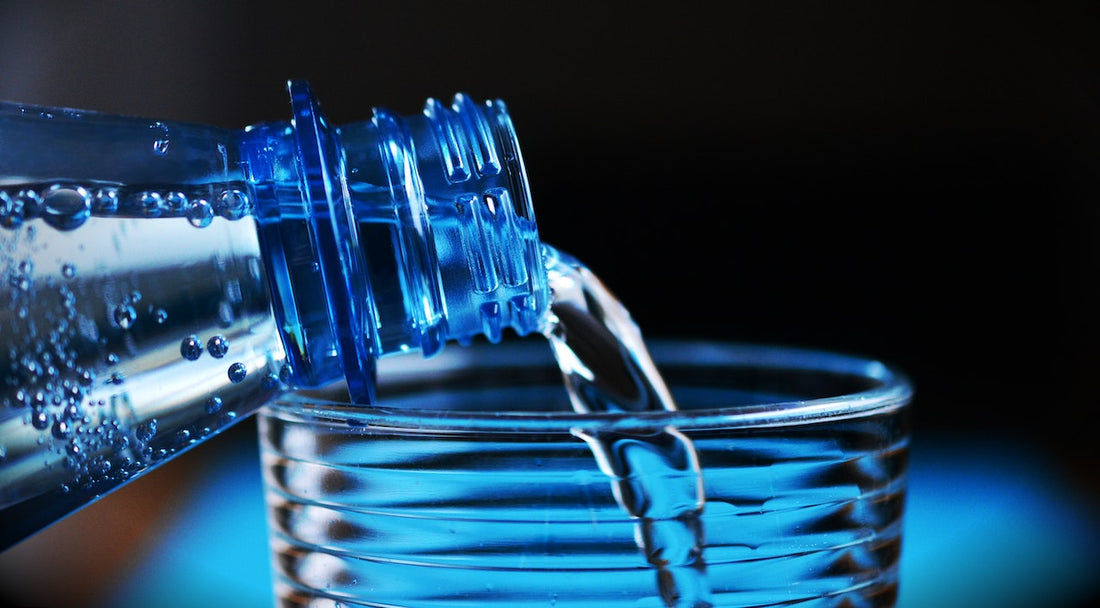Water is essential for our bodies to function properly. We often hear about the importance of staying hydrated, but have you ever wondered how long it takes for water to be digested and utilized by our bodies? In this comprehensive blog post, we will explore the digestion process of water, from the moment it enters our mouths to its absorption and distribution throughout the body. By understanding the journey of water in our digestive system, we can gain insights into the efficiency of water absorption and its impact on overall hydration.
The Digestive System: An Overview
To understand the digestion of water, we first need to have a basic understanding of the digestive system. The digestive process begins in the mouth, where water is initially mixed with saliva. It then travels through the esophagus into the stomach, where further digestion occurs. From the stomach, water moves into the small intestine, where most of the absorption takes place. Finally, any remaining water enters the large intestine before being excreted as waste.
Absorption of Water in the Small Intestine
The small intestine is a key site for the absorption of nutrients, including water. As water enters the small intestine, it is rapidly absorbed through the intestinal lining and into the bloodstream. The absorption process is facilitated by specialized cells called enterocytes, which line the walls of the small intestine and have microvilli that increase the surface area for absorption. The water molecules pass through the cells and enter the capillaries, where they are transported to various tissues and organs in the body.
Factors Affecting Water Absorption
Several factors influence the absorption rate of water in the small intestine. One crucial factor is the osmolarity of the water. Osmolarity refers to the concentration of solutes in a solution. Water moves from an area of lower osmolarity (lower solute concentration) to an area of higher osmolarity (higher solute concentration) to maintain balance. Therefore, if the osmolarity of water is similar to that of the body's fluids, it will be readily absorbed. Temperature, the presence of other substances (such as nutrients or medications), and the overall health of the digestive system also impact water absorption.
Hydration and Electrolyte Balance
Water plays a vital role in maintaining proper hydration and electrolyte balance in the body. Electrolytes, such as sodium, potassium, and chloride, are minerals that help regulate fluid balance, nerve function, and muscle contractions. As water is absorbed into the bloodstream, it helps distribute electrolytes throughout the body, ensuring proper cellular function. Imbalances in electrolyte levels can occur due to excessive water intake or loss, and can have various health implications.
Hydration Timing and Individual Variations
The timing of water digestion and absorption can vary among individuals and depends on factors such as overall health, hydration status, and the presence of other substances in the digestive system. Generally, water is quickly absorbed in the small intestine, with a significant portion being absorbed within the first hour of consumption. However, it's important to note that the body's water needs extend beyond immediate digestion and absorption. Adequate hydration involves regular and consistent water intake throughout the day.
Water digestion and absorption are essential processes that support hydration and overall bodily functions. From its entry into the mouth to its absorption in the small intestine and distribution throughout the body, water plays a vital role in maintaining proper hydration and electrolyte balance. While the exact timing of water digestion varies, the body efficiently absorbs water to meet its hydration needs. Remember to stay hydrated by drinking water regularly and paying attention to your body's thirst cues, especially during physical activity or in hot weather.






